
Evonik recently announced the completion of the acquisition of Novachem, an Argentinean innovator of sustainable cosmetic actives, adding its strengths to Evonik's portfolio of system solutions. This move represents a further strengthening of Evonik's presence in the development of sustainable cosme...
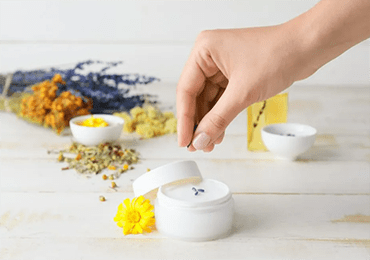
In 2020, L'Oréal launched its new sustainability program "L'Oréal for the future". In particular, by 2030, 100% of the plastic used to package L'Oréal products will be recycled or bio-based. In fact, this is the first time that L'Oréal has mentioned the concept of bio-based in its cor...
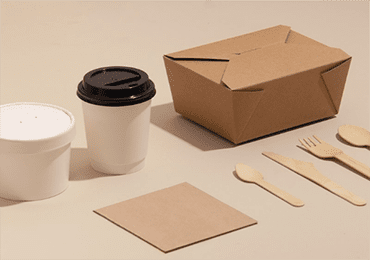
Recently, Clariant launched Desi Pak® ECO desiccant packaged in non-plastic bags, thus further reducing the environmental impact of the desiccant. This is a new addition to Clariant's Desi Pak range of responsibly mined bentonite clay desiccants, which are natural desiccants with high adsorptio...
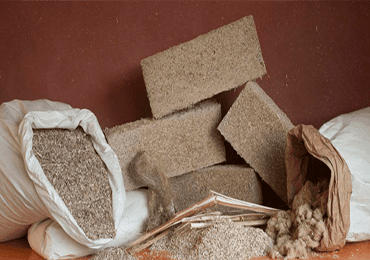
In the 21st century, with the increasing depletion of global petrochemical resources and the strengthening of environmental awareness in the consumer goods market, natural polymers with sustainable characteristics have become more and more important, and many raw materials are being transformed from...
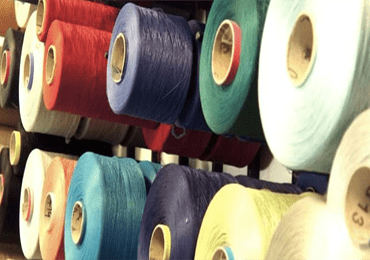
Nylon has long been produced from petroleum-based raw materials. However, this is quite harmful to the environment because of the use of non-renewable fossil resources, as well as the need for large amounts of energy and the emission of climate-damaging nitrous oxide during the production process....

According to data, the fashion industry accounts for 10% of global carbon emissions, second only to the petrochemical industry, which means that it poses a danger to the environment that cannot be ignored. The emergence of bio-based materials is gradually replacing the environmentally unfriendly pet...

UNIQLO launched the "JOIN: The Power of Apparel" project again on World Environment Day with the launch of the "Doraemon Sustainable Model" collection for spring and summer, all made of 100% recycled fabrics.
For every object item sold by UNIQLO in the global market between ...
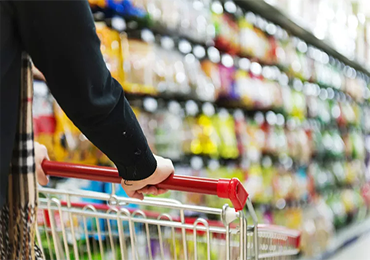
Starting today, New Zealand will be the first country in the world to ban consumers from using plastic continuous roll bags for fresh produce in supermarkets.
In 2018, New Zealand began phasing out plastic microbeads, and in 2019, plastic shopping bags once. in October 2022, PVC food containers...

Recently, UPM Biochemistry and VAUDE, a supplier of sustainable innovations for outdoor apparel, announced that they will produce outerwear made from bio-based chemicals and demonstrate that the textile industry can begin to shift to renewable materials.
Recognizing the serious challenges faced by ...
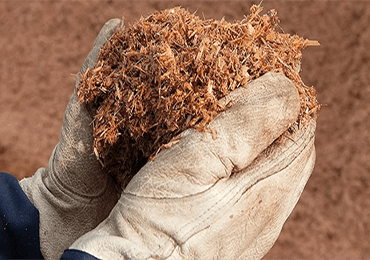
2,5-Furandicarboxylic acid (FDCA), also known as dehydromuconic acid and furanic acid, is an organic compound consisting of two carboxylic acid groups.FDCA is a high value-added biological and chemical substance that is chemically stable and has a high melting point and is insoluble in most solvents...